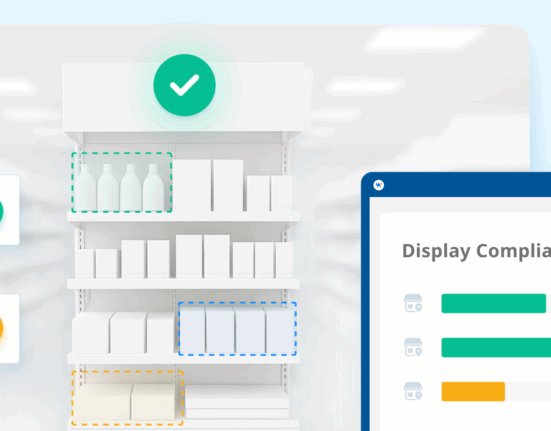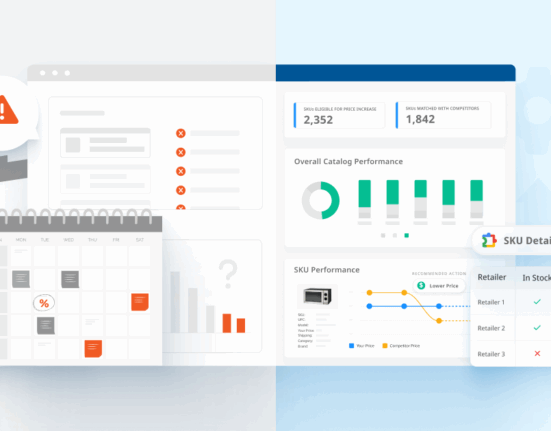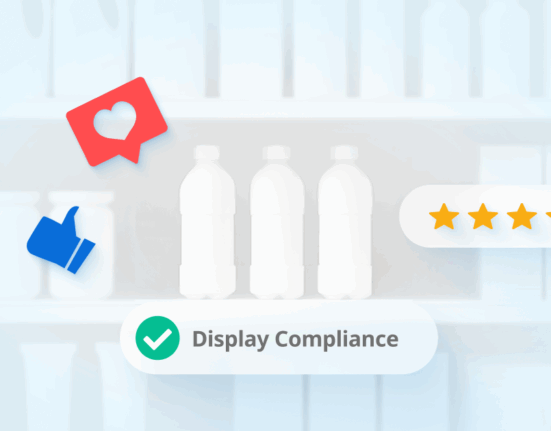TL;DR
This article explores how AI and machine learning transform product data from unreliable noise into a competitive differentiator.
Most companies already have data, but not all data is trustworthy enough to act on. Wiser’s AI- and ML-powered matching replaces rigid, rules-based systems with intelligence that understands products by meaning, not just text. This results in cleaner, more accurate data that fuels faster pricing decisions, stronger revenue protection, and scalability across millions of SKUs. When data is clear and reliable, it stops being just an input and becomes a true competitive advantage.
The Problem with Data Today
Every modern business sits on a mountain of data. Prices change by the hour, product assortments expand and contract constantly, and retailers describe the same items in dozens of different ways. The challenge isn’t getting access to data. It’s knowing whether the data can be trusted enough to make decisions on it.
Too often, the information companies rely on is riddled with errors: mismatched products, inconsistent naming conventions, false alerts, and missing signals. Instead of accelerating decisions, this “dirty data” slows them down. Teams spend hours validating what should have been right in the first place.
The cost of unreliable data isn’t theoretical. It shows up as delayed responses to competitive moves, missed opportunities to capture sales, wasted operational effort, and eroded trust in the very tools designed to provide clarity. In short, poor data becomes a liability.
The Shift: From Rules to Intelligence
For years, product data was handled through rules. If two product titles shared certain words, they were treated as the same. If not, they were ignored. It was a rigid, binary system: yes or no, match or no match.
The weakness is obvious: rules treat products as text strings, not as actual items. That’s why a rules-based system might miss that “Nike Air Max 90” and “Nike Air Max Ninety” are the same shoe, or mistakenly connect an “iPhone case” with an “iPhone 15 Pro Max.” Noise on one side, blind spots on the other.
AI and machine learning transform this process. Instead of relying only on text, Wiser’s system converts product information into vector embeddings—mathematical representations that capture meaning rather than just spelling. Products with similar attributes cluster together in this high-dimensional space, making it possible to recognize matches even when naming conventions differ.
From there, a hybrid pipeline goes to work:
- Fast similarity search quickly narrows potential candidates.
- Machine learning models evaluate those candidates in more detail, assigning probabilistic confidence scores rather than rigid yes/no answers.
This design ensures both scale and accuracy—millions of SKUs can be processed efficiently without the performance breakdown that plagues rules-based systems.
And because models continuously learn from new inputs, they adapt automatically as categories, brands, and markets evolve. What once required constant human reprogramming now happens dynamically.
To safeguard trust, the system also layers in quality controls:
- Multi-model validation: multiple models must agree before a match is confirmed.
- Anomaly detection: unusual matching patterns are flagged before they cause errors.
- Explainability features: signals such as product titles, specifications, and pricing patterns are visible, showing why two products were matched or not.
Put simply: where rules saw strings, intelligence sees products.
Why Better Data Matters
When the underlying data is trustworthy, the entire decision chain improves. Trusted data directly impacts how fast and how confidently businesses can act:
- Speed of response: In competitive markets, timing is critical. A price change spotted and acted upon today has more value than one discovered three days from now. Industry research shows that even a 24-hour delay in repricing can erase a significant share of potential margin gains.
- Operational efficiency: Teams freed from chasing false alerts or cleaning messy data can spend time on strategy and execution. Companies that cut manual data validation work typically see double-digit improvements in time-to-market for promotions and category changes.
- Revenue protection: Clean matches mean fewer mistakes—such as misidentifying competitors’ products or missing violations of pricing agreements. Each error avoided reduces the risk of lost sales or weakened brand trust.
- Scalability without drag: As product catalogs grow and markets become more complex, the system holds up. Accurate intelligence across millions of SKUs no longer requires a proportional increase in effort.
These outcomes reinforce each other. Faster responses lead to more competitive pricing moves. Efficiency gains allow teams to redirect resources toward growth. Revenue protection stabilizes margins. Scalability ensures that none of these gains erode as complexity rises.
From Data as Input to Data as Differentiator
The critical insight is that data is not neutral. Poorly matched data undermines confidence, slows organizations down, and creates risk. Precisely matched data, by contrast, accelerates action and delivers measurable returns.
This is why the conversation about AI/ML-powered matching isn’t just about technology. It’s about turning data into a true differentiator:
- A differentiator in speed—because insights arrive faster and with more confidence.
- A differentiator in focus—because teams work on what matters, not on fixing errors.
- A differentiator in performance—because better inputs yield better outcomes.
In markets defined by thin margins and relentless competition, these differences aren’t minor. They determine who gains share, who protects profitability, and who falls behind.
The Business Case for Trust in Data
When executives ask, “Why invest in better data?” the answer is straightforward: because data quality dictates decision quality. Every pricing action, every compliance move, every assortment change rests on the foundation of product matches. If the foundation is unstable, the entire structure wobbles.
Investing in intelligence over rules is not about chasing the latest technology trend. It is about building a reliable system of record for how products are understood and compared in the market. That system of record becomes a strategic asset—one that improves today’s performance and continues to strengthen over time as models learn and adapt.
Closing Thought: Competing on Clarity
In today’s environment, where competitors adjust daily and consumers move fast, clarity is everything. The companies that win are not those with the most data, but those with the most trusted data—data that enables action, not hesitation.
Wiser’s AI/ML-powered matching ensures that the intelligence flowing into your organization isn’t just more data. It’s clarity you can act on, at the speed and scale the market demands.
Because in the end, the true differentiator isn’t technology for its own sake. It’s the ability to see the market clearly, move decisively, and convert data into lasting competitive advantage.
More Resources on The Importance of Data Quality
- How Wiser Solutions Ensures Great Data Quality | Wiser Solutions
- Comparing Competitor Data Quality | Wiser Solutions
Glossary
AI (Artificial Intelligence): Technology that enables machines to interpret data and make decisions similar to human reasoning.
Machine Learning (ML): A branch of AI that learns patterns from data to improve accuracy over time without manual programming.
Vector Embeddings: Mathematical representations that let AI understand relationships and similarities between products based on meaning, not wording.
Rules-Based Matching: A legacy method that connects products using fixed keyword rules, often resulting in false matches or missed connections.
Data Trustworthiness: The reliability and accuracy of data used to make confident, real-time business decisions.
Last Updated: October 2025









